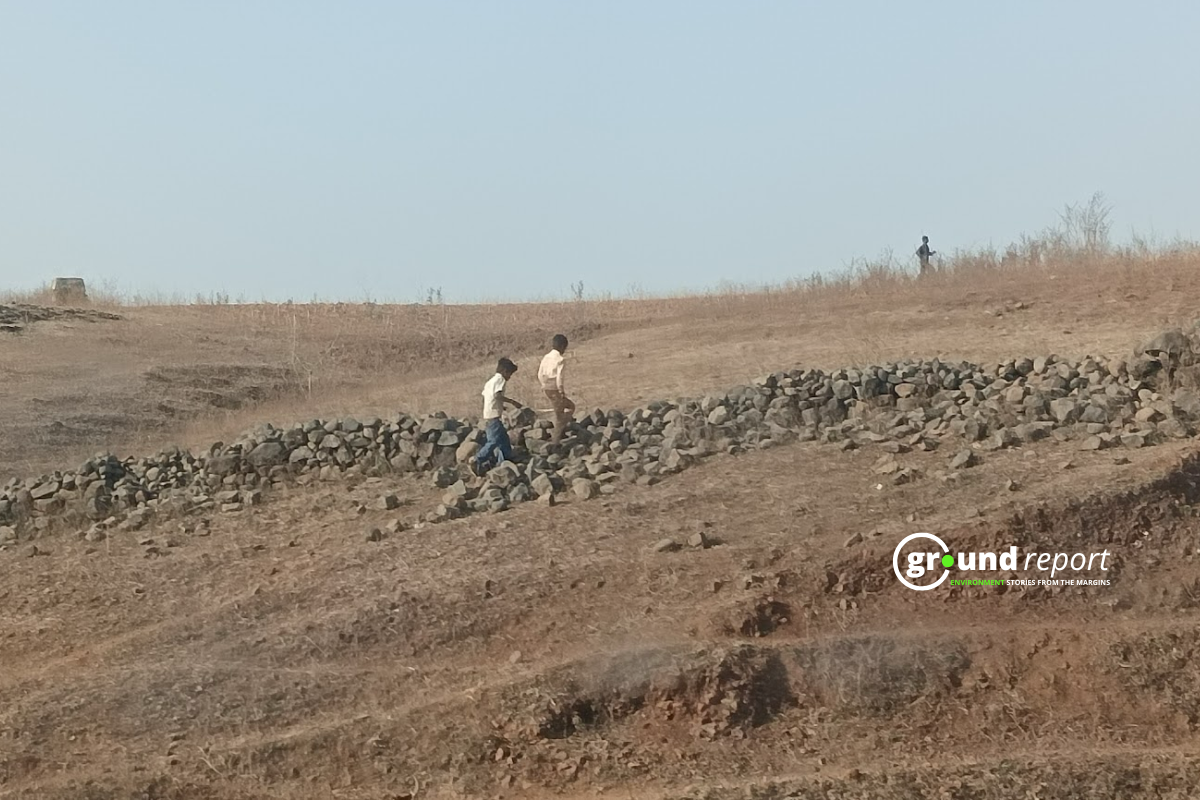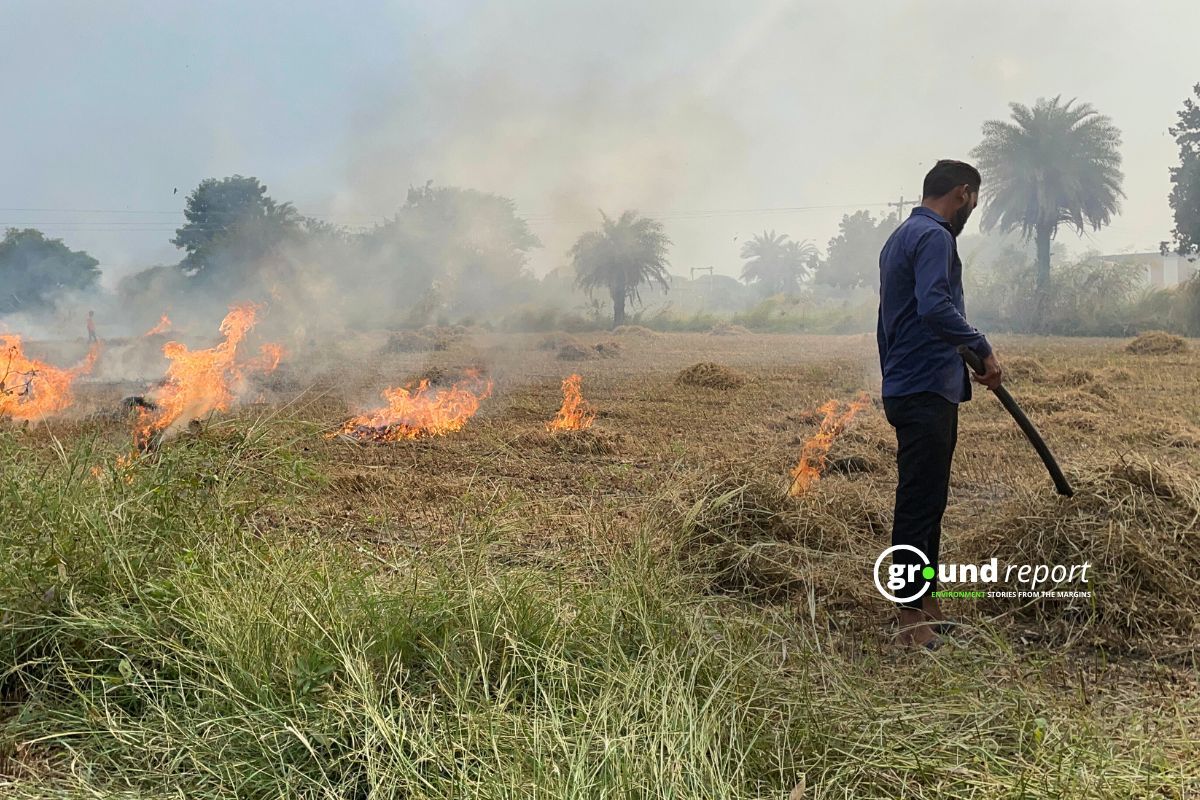Palitana Gujarat has made history by being the first city to ban the sale and consumption of non-vegetarian food and the butchering of animals. This decision has sparked debate about religious practices, cultural traditions, and individual rights.
The roots of this revolutionary change can be traced back to 2014 when about 200 Jain monks initiated a hunger strike demanding a complete ban on animal slaughter and consumption in Palitana, a major Jain pilgrimage site. The monks’ action led to the closure of 250 butcher shops and the government’s decision to declare Palitana a meat-free zone.
Palitana, known as the Jain Temple Town, has over 800 temples, with the Adinath Temple being the most revered. The city’s significance in Jain tradition cannot be overstated, and this move reflects the religious sentiments and practices of the Jain community. Jainism upholds non-violence and vegetarianism, and the ban on non-vegetarian food in Palitana is seen as an extension of these beliefs.
Sadhar Sagar, a Jain believer, explained, “Meat is easy to get in this city, but it’s against our religion. We wanted a complete ban on non-vegetarian food in this holy place.”
According to the 2011 Census of India, Palitana had a population of 64,497, with 75.27% Hindus, 21.82% Muslims, and 2.59% Jains. The estimated population in 2024 is approximately 89,000.
The legislation has made killing, selling, and consuming non-vegetarian food illegal in Palitana’s city limits, dramatically altering the city’s culinary scene with restaurants and food stalls serving only vegetarian dishes.
The ban on meat, fish, and egg businesses in Palitana has sparked criticism from a significant portion of the population, including those previously involved in these trades. They argue that the ban neglects their livelihoods and preferences. Non-vegetarians in Palitana have voiced concerns that it infringes upon their right to choose their diet, highlighting the interplay between religious sentiments and personal freedoms.
A Twitter user, Saifuddin (@INDIA_Saifuddin), tweeted, “It’s just the beginning. No right to eat freely in @narendramodi’s #NewIndia. #Palitana, in #Gujarat’s #Bhavnagar, became the world’s first city where non-veg is #ILLEGAL. IT IS A SIGN OF DICTATORSHIP #संविधान_हत्या_दिवस #VoteCounting.”
In support of the ban, another user, 🇮🇳 S.Bhattacharya 🇮🇳 (@SoniKudiofX), tweeted:
“#Palitana, in #Gujarat’s #Bhavnagar, became the world’s first city where non-veg is illegal after #Jain monk protests closed 250 butcher shops. This honors Gandhi’s vegetarian vow and aligns with regulations in Rajkot and Junagadh.”
Another user expressed, “Who are those who want to destroy roots of our Bhartiyatwa by targeting PIETY & Rituals of our Religious Places? They are #Liberals who want to destroy Piety of Jain Religious Places like #Shikharji & #Palitana by consuming Meat & Liquor in name of Tourism.”
According to the central government’s Sample Registration System Baseline Survey, 2014 shows that about 40% of Gujaratis consume meat. States like Rajasthan, Haryana, and Punjab have a higher proportion of strictly vegetarian populations. Data from the Reserve Bank of India indicates that meat production in Gujarat has doubled from 13,000 tonnes in 2004-05 to 2018-19, suggesting an evolving relationship with dietary practices.
The influence of historical figures, particularly Mahatma Gandhi, cannot be overlooked. Gandhi, from Gujarat, was a lifelong advocate of vegetarianism, though his journey was complex. During his school days, influenced by a friend of his elder brother, he experimented with meat. In his autobiography, he recounts having “meat fests” over a year, but this led to lying to his parents, causing distress.
Gandhi’s commitment to vegetarianism solidified when he left for England to study law in 1888. His mother made him vow to maintain a vegetarian diet, which he honoured throughout his life. In later years, he experimented with veganism, giving up cow milk and milk products, although he consumed goat milk as a substitute. Gandhi’s example has been considered a pious duty by millions, further entrenching vegetarianism in Gujarat’s cultural ethos.
Keep Reading
Lightning strikes leave two children without their mother in West Bengal
In Jammu, lightning strikes kill livestock, compensation not adequate say shepherds
Indigenous communities in J&K struggle with increasing lightning risks to livelihoods
Follow Ground Report for Environmental News from India. Connect with us on Facebook, Twitter, Koo App, Instagram, Whatsapp and YouTube. Write us at GReport2018@gmail.com and subscribe to our free newsletter.
Don’t forget to check out our climate glossary, it helps in learning difficult environmental terms in simple language.









